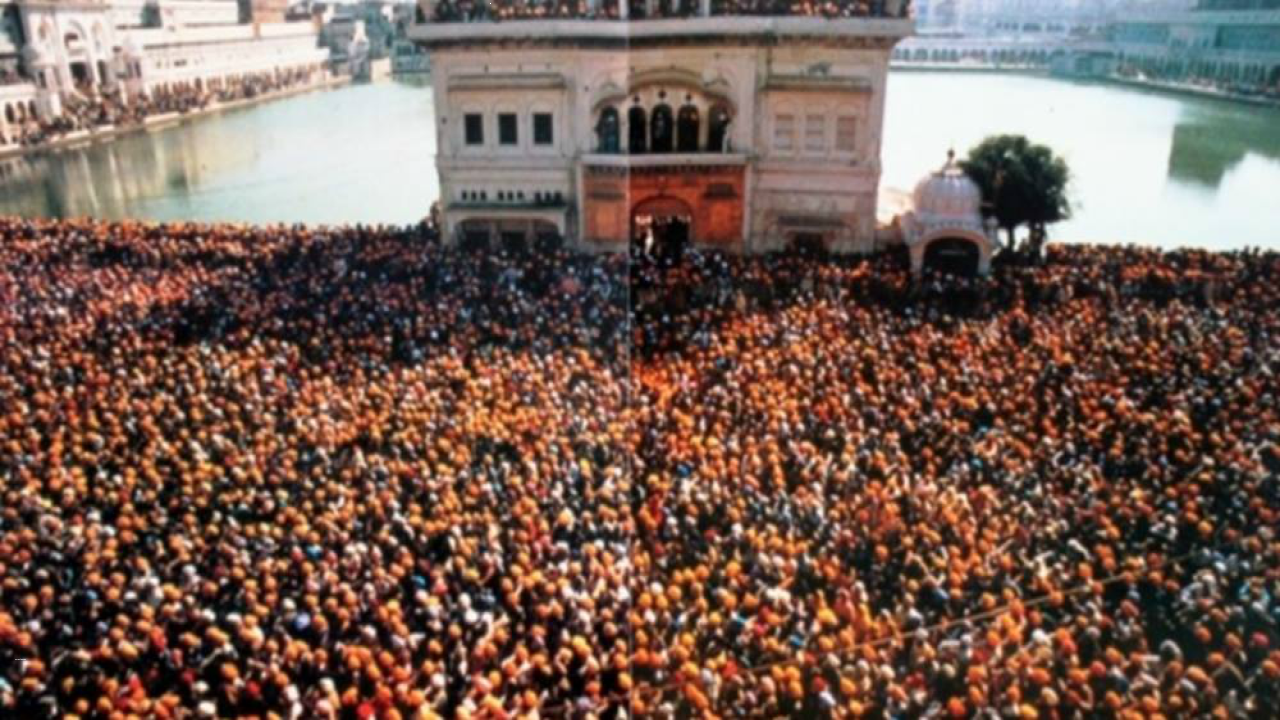What is Sarbat Khalsa?
The Sarbat Khalsa, a term meaning “all congregation,” refers to a traditional assembly of all factions of Sikhs (Khalsa) to discuss political, social, and religious issues of great importance to the community. The idea of a deliberative assembly of Sikhs originated in the 18th century and was convened twice a year.
Who is calling for Sarbat Khalsa on Baisakhi Day?
Recently, Amritpal Singh has asked the Akal Takht Jathedar to call the Sarbat Khalsa on Baisakhi Day, April 14. The move has caught the attention of the Sikh community, as the Sarbat Khalsa has been called at crucial junctures in Sikh history.
Origins and Significance of Sarbat Khalsa
The word “sarbat” means all, and the Sarbat Khalsa was an assembly where all members of the Khalsa were represented. It was a democratic institution where members could participate in decision-making. The assembly was called at times of crisis and was considered the supreme authority in the Sikh community.
During the Mughal period, Zakarya Khan, the governor of Lahore, offered the title of Nawab to the Sikhs as a reward for their services. The Sikhs, however, refused to accept the title and instead called for a Sarbat Khalsa to discuss the issue. This marked the beginning of the tradition of calling the Sarbat Khalsa.
The tradition continued during the period of the Sikh misls, which were essentially confederacies of Sikh chiefdoms. However, after the establishment of the Sikh kingdom by Maharaja Ranjit Singh in 1799, the need for an institution like the Sarbat Khalsa was reduced with the formation of the SGPC.
Sarbat Khalsa in Modern Times
The Sarbat Khalsa was called in 1920 to discuss control over gurdwaras, and again in 1984 after the Indian Army’s Operation Blue Star in the Golden Temple. In 1986, a panthic committee was formed that gave a call for Khalistan.
The Sarbat Khalsa was called again on November 10, 2015, by Sikh bodies opposed to the Shiromani Akali Dal (Badal). The gathering attracted a large number of Sikhs from all over the world, and its impact on Punjab politics was significant. It led to a demand for a separate Sikh state, the revival of the demand for the release of Sikh prisoners, and the establishment of a parallel committee to the SGPC.
Month: Current Affairs – April, 2023
Category: Art & Culture Current Affairs • India Nation & States Current Affairs


